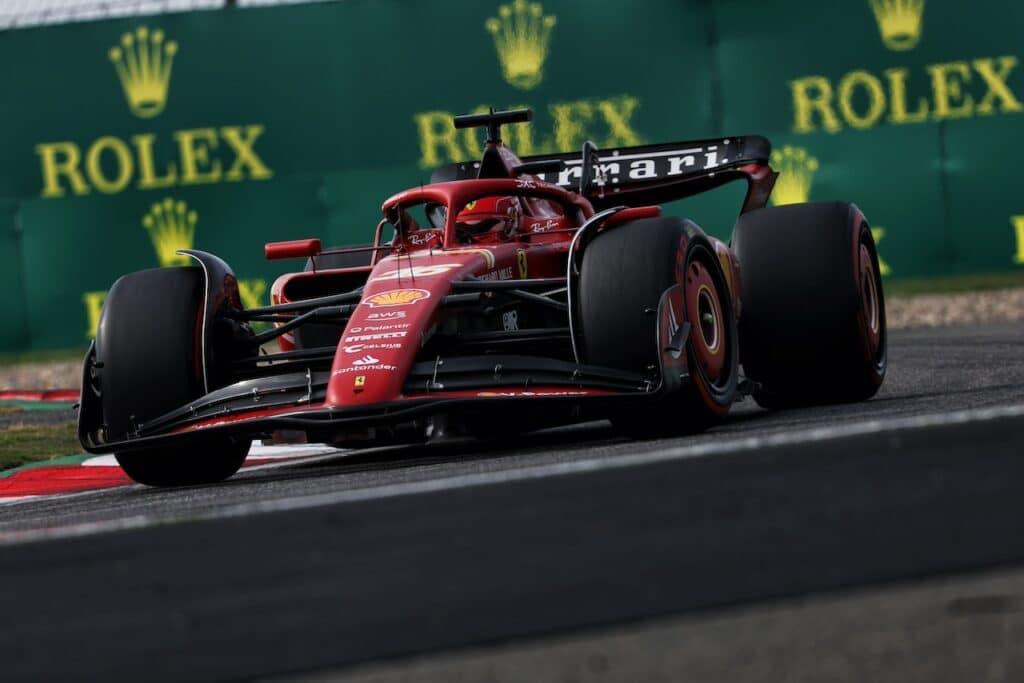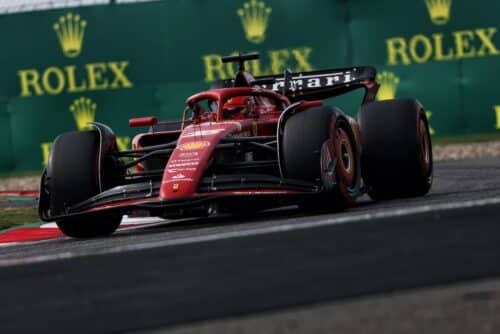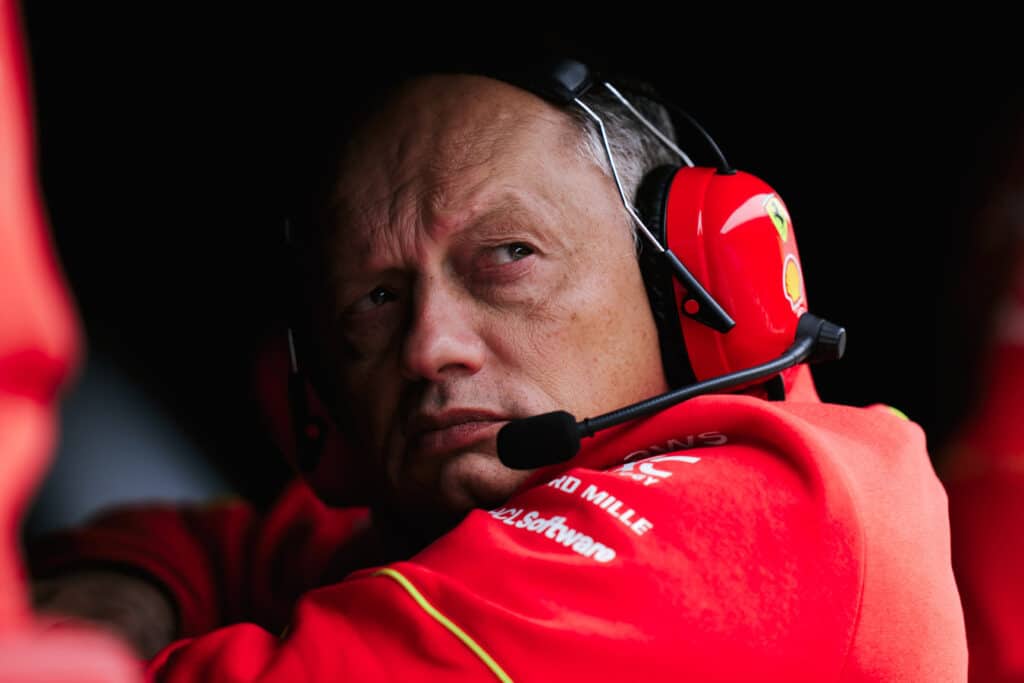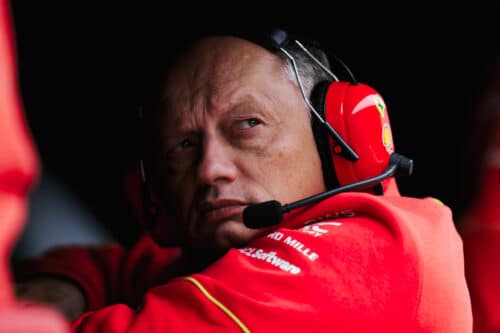Vettel: how much of his in Red Bull's successes?
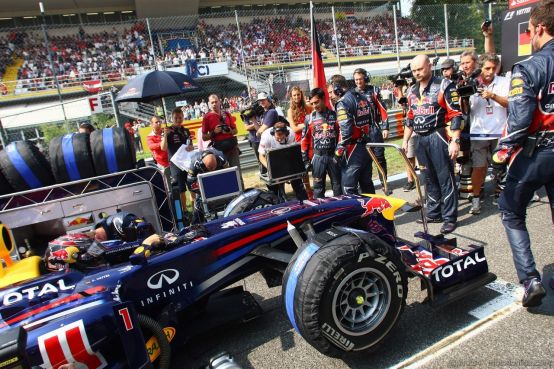
The superiority of the Red Bull RB7 this year is almost indisputable. Much more than last year, when several technical problems caused problems for Vettel who, however, managed to bring home the World Championship. Even if with difficulty and in the last race.
Sebastian's lead in the standings is now secure from any type of approach, and this season seems to be traveling along the lines of 2002/2004, dominated by Ferrari with Michael Schumacher.
Only Fortune?
The aspect we want to focus on is, however, another.
The continuous talk about the superiority of the technical vehicle (the RB7) has for some time ended up 'opaque' the performances of Vettel himself. In the sense that the poles and victories of an almost double champion are systematically belittled with the justification of a car so superior as to make his life very 'easy'.
The peak of this great 'shadow' was reached after the Monza race, when even Sebastian's overtaking on Fernando Alonso on the outside of the big curve, accompanied by a small excursion on the grass, was hastily dismissed as a maneuver from 'console'. Simple, programmed, without any risk.
Starting from the assumption, to which we are not often inclined to give the right weight, that overtaking is never easy at certain speeds, the impression is that perhaps excessive consideration of the car (or perhaps it should be called envy?) relegates the driver (in this case Vettel) to the role of passenger.
And it is Sebastian's image that loses out. Because he automatically becomes 'overrated', someone who wouldn't do anything special with any other car. In short, the usual lucky person in the right place at the right time.
If we want, in this respect, we can make a comparison with Jenson Button. In 2009 many were quick to say that his title was undeserved and lucky, and to bet that he would emerge with broken bones from the confrontation with the aggressive Lewis Hamilton. Instead, the history of the last two World Cups has shown us a different reality, with a very, very concrete and improving Jenson. So much so that he is currently, and for many unexpectedly, ahead of his partner in the general classification.
How much of his?
Returning to Vettel, then: what is the true value of Red Bull? How much of Sebastian and how much of the car is there in these performances?
Mind you, we already said it at the beginning: the Red Bull is the best car of the lot, no doubt about that. But it is, ranking in hand, in the hands (and feet..) of Sebastian. Because the same car is also driven on track by Mark Webber, fourth in the standings tied with Jenson Button, 117 points behind. After Monza, obviously, the comments on Mark are easily predictable. That is to say that the comparison doesn't hold up because Webber is worthless, he 'must' do second, he gets sabotaged and so on.
Here, however, we are at a paradox. Because those who say that, with this Red Bull, everyone would be able to win, deliberately ignore that two of this single-seater are on the track and the other, systematically, collects far fewer points this year. It's the usual story of the dog chasing its tail. If, for many, everyone can win with this car, why doesn't it happen with Webber? Unless we think that Webber is truly sabotaged (but this hypothesis doesn't occur to us), or that he is so poor that he cannot be taken into consideration in terms of performance, then it is not certain that *everyone* could afford Vettel's results .
But, on Webber, the following must be specified. That is to say that, although it continues to underline how this season of his is 'subpar' compared to the last, after 13 races he has only 12 points less than the same point in 2010. So not much has changed between the Webber acclaimed by all as possible winner of the last Title and 'this'.
In fact, if we compare the 2010 and 2011 rankings after 13 races, we find 179 points in the last season and 167 in the current one. This is given by the fact that despite four victories, in 2010 there were also negative results. Eighth, ninth places, which compensated for the victories. This year, Mark follows a more 'linear' consistency of results (two second places, five thirds, three fourths, two fifths) which still allows him to have a similar score.
So where is the difference? It's all in Sebastian's score. After 13 races, in 2010, the German had 151 points against the current 284. That is to say 133 more. How can we explain this gap? First of all with the reliability of Red Bull who, last season, played some tricks on Vettel. In fact, let's think back to Bahrain (from first to fourth due to technical problems, 13 points lost along the way), to Australia (retirement when he was leading, 25), to Barcelona (brake problems, other points). Let's leave aside the engine fireworks in Korea, an episode following the reference period. Add the puncture at the start of Silverstone (he finished seventh) and the at-fault accidents with Webber in Turkey (he was second) and Button in Belgium. With two accounts we don't reach 133 points, but we cover 2/3 of them without problems.
Concluding
Overall, it is clear that Sebastian has improved his performances, making even fewer mistakes than last year. The only noteworthy mistake of 2011, at the moment, was the one at the Nurburgring, where he still finished fourth. Red Bull's reliability up to now has been perfect, apart from some small concerns with the KERS which, however, have not created any major inconveniences. Furthermore, despite the reassuring lead in the standings, on the (to be honest, few) occasions in which Sebastian had to compete with his direct rivals, he more often than not won the match. While, last year and in the first half of this year, he seemed more fearful, so much so that he identified overtaking as his Achilles' heel. Who, with the move on Alonso in Monza, seems to be on the mend.
The last factor appealed to by those who are not yet completely convinced by Sebastian is the desire to see him fighting with an overall 'inferior' car, to understand its real potential. A first, a fourth, three fifth places and 35 points with Toro Rosso in 2008 are evidently not enough. However, there is time. We are only 24 years old and (almost) two world titles.
Alessandro Secchi
F1Grandprix.it
if you want to always be updated on our news
Follow us here
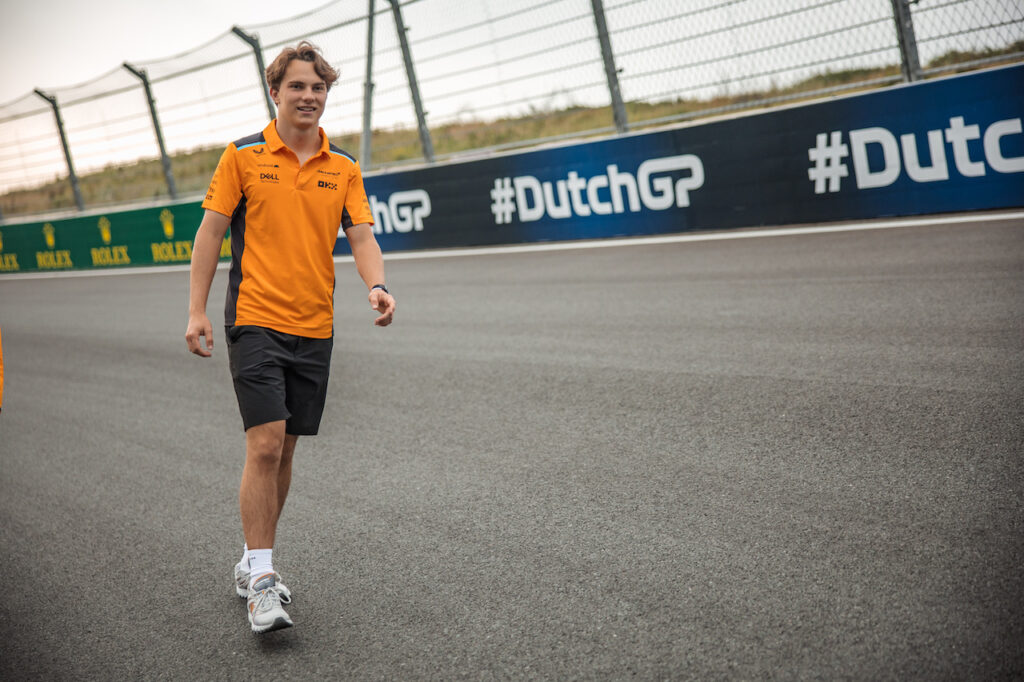
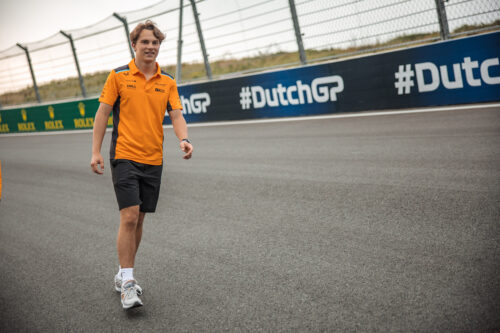
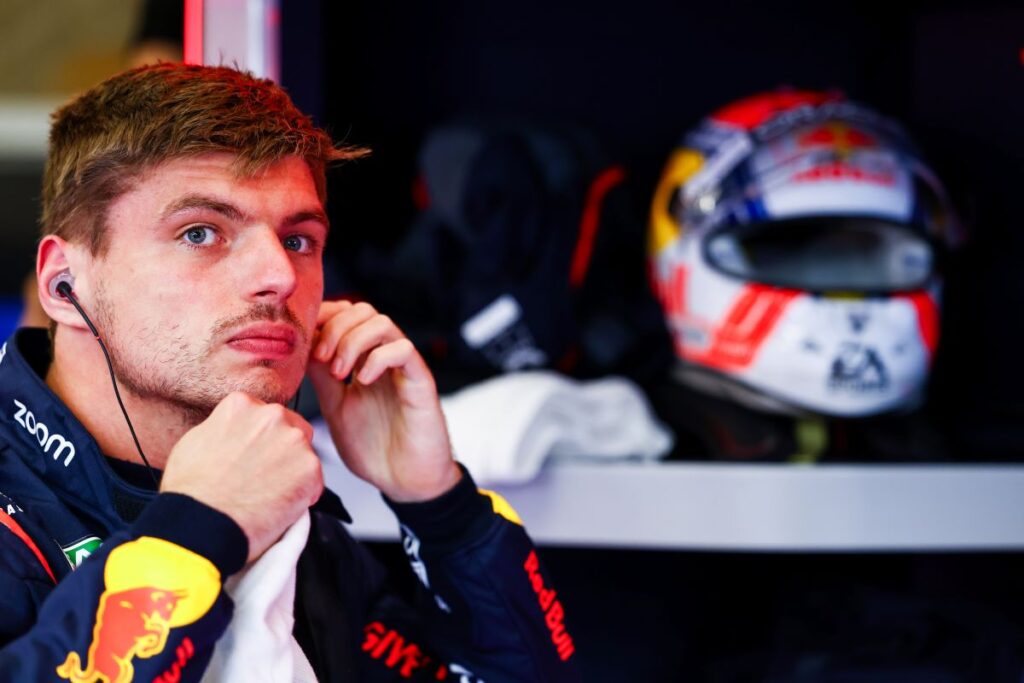
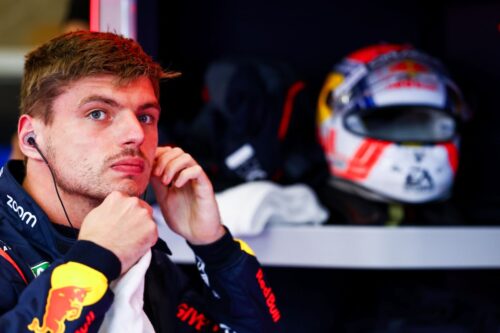



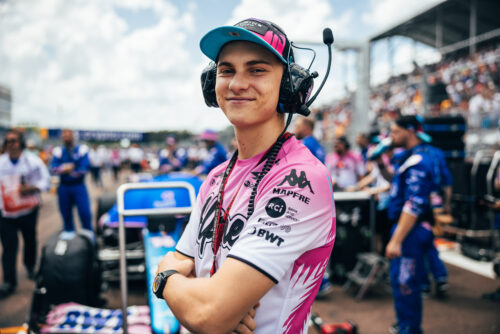

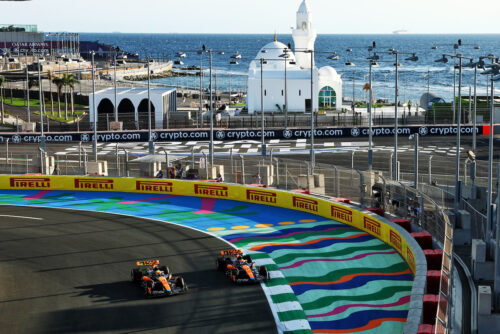
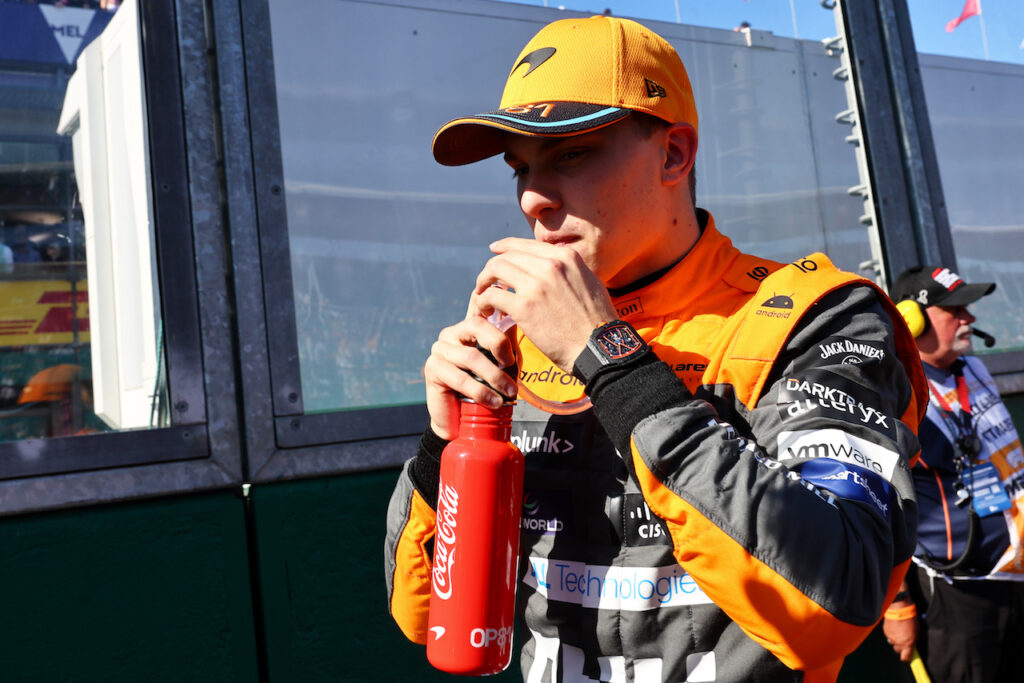
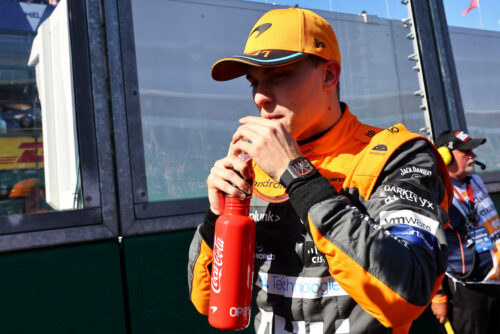
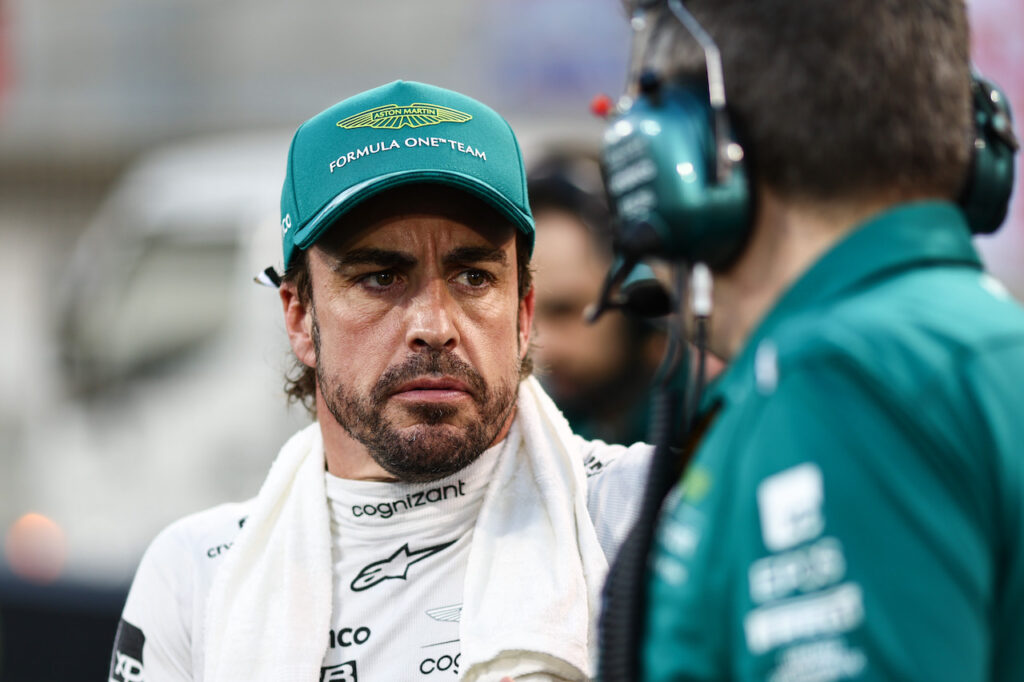
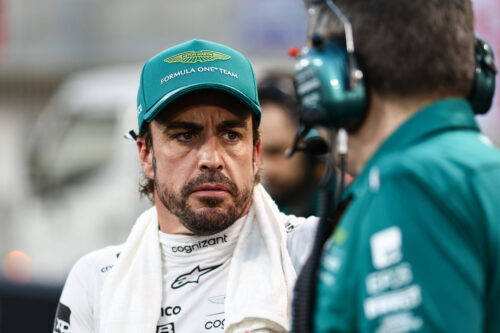
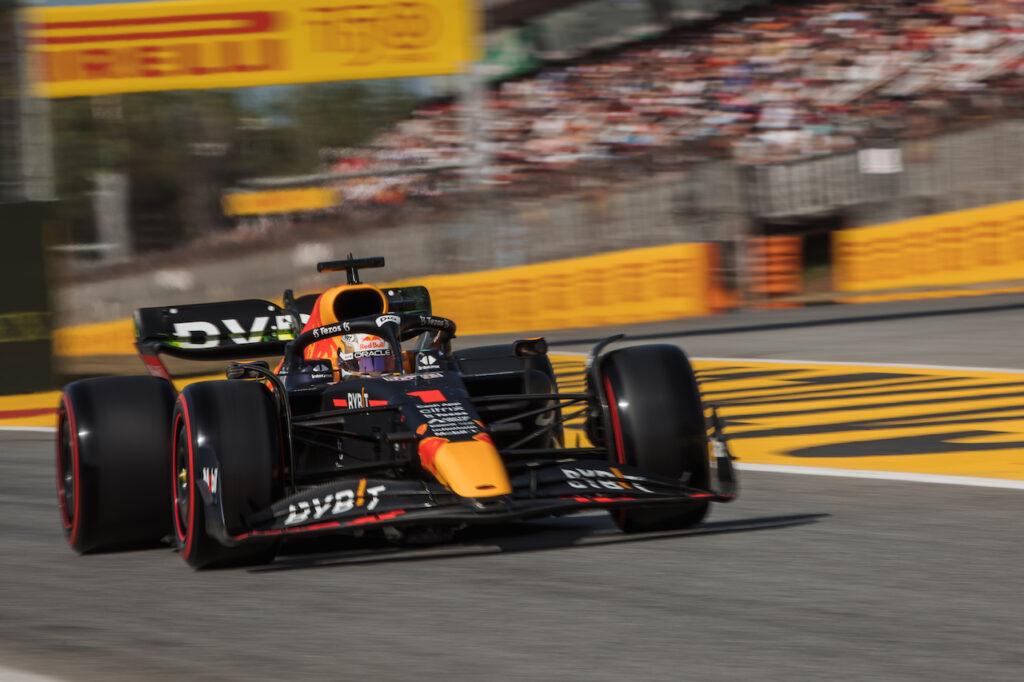
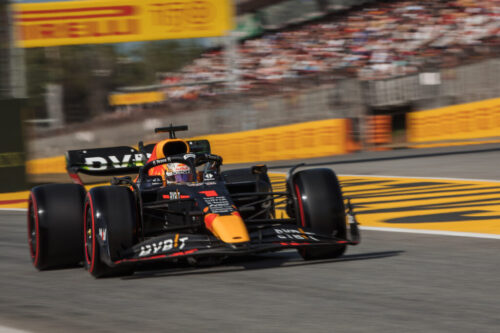
![Formula 1 | Focus: the special liveries in the history of Ferrari [PHOTO]](https://f1grandprix.motorionline.com/wp-content/uploads/2024/04/focus-ferrari7-1-1024x680.jpg)
![Formula 1 | Focus: the special liveries in the history of Ferrari [PHOTO]](https://f1grandprix.motorionline.com/wp-content/uploads/2024/04/focus-ferrari7-1-500x332.jpg)
